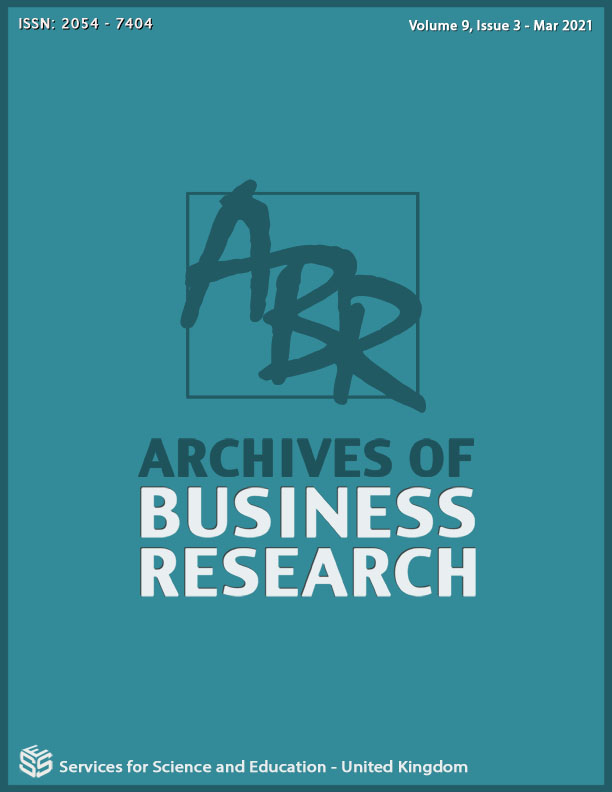Fourth Industrial Revolution: Competencies of Potential Leaders
DOI:
https://doi.org/10.14738/abr.93.9781Abstract
Fourth industrial revolution would have strong impact on services and working environment so that a new philosophy should be applied to manage organization resources. Educational leaders need certain competencies to respond swiftly to new developments and their implications in their organizations. Thus, this research undertake a systematic literature review to shed light on the characteristics of fourth industrial revolution and the required competencies of educational leaders in this era.
The results of literature emphasized the importance of high communication rate. Employees should be connected in a network regardless of their positions. They need to connect together with heads, hearts, and hands and have positive emotions to overcome challenges they confront. Building relationships with all stakeholders are also important. Understanding individuals’ personalities is the key to change and control their attitudes and behaviours through changing their environment. The values and morale of organizations and leaders are important to maximize performance of employees.
Furthermore, some researches highlighted that some practices eliminate the change process. For example, having politics and discrimination between employees, and ignoring employees’ emotions will hinder the progress of organization. Hierarchical structure of organization inhibits organization transformation and progress. Therefore, there must be strategic planning along with appropriate skills, abilities and adequate resources to implement and sustain the change to meet fourth industrial revolution.






